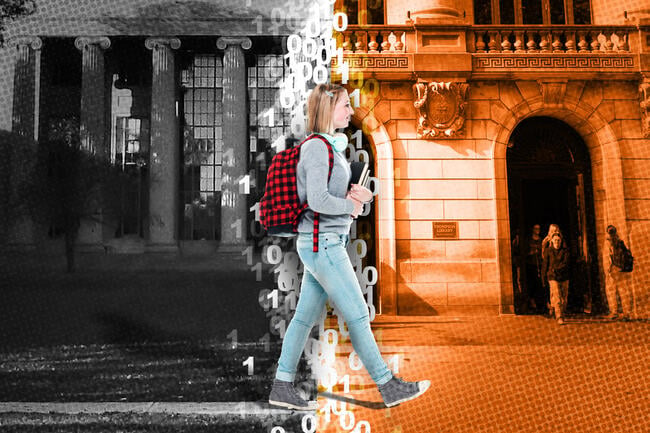A coalition of US college accreditors is encouraging institutions to use artificial intelligence (AI) to reduce credit loss during student transfers—a major barrier to degree completion for millions of Americans. According to the Council of Regional Accrediting Commissions (CRAC), delays and inconsistencies in credit evaluation often force students to retake courses, prolonging graduation timelines and increasing costs.
AI as a Solution to Credit Loss
More than half of transfer students experience some credit loss, with 20% required to repeat courses they had already completed. Financial consequences are significant: 13% reported exhausting financial aid, and 16% abandoned their degrees entirely. Faculty and administrators cite the manual evaluation process as labor-intensive and prone to inconsistency or bias.
CRAC’s statement encourages institutions to leverage AI to analyze course descriptions, enrollment, and learning outcomes to improve credit transfer decisions. Heather Perfetti, CRAC chair and president of the Middle States Commission on Higher Education, emphasized, “Accreditors promote innovation and encourage institutions to reconsider the ways they are managing transfer.”
Pilot Programs and Research
Research by Zachary Pardos, associate professor at UC Berkeley, shows AI can reliably assess course equivalency, identifying around 70% overlap between courses to ensure accurate transfer credit. Pardos collaborated with the American Association of Community Colleges, the Association of Public and Land-grant Universities, and consulting firm Sova to launch the AI Transfer and Articulation Infrastructure Network.
In 2025, a pilot cohort of 59 institutions is using the platform CourseWise, which applies AI to map course equivalencies and identify additional matches that count toward degree completion. Pardos said the technology could shift institutional culture from “credits do not transfer unless proven” to “courses meeting equivalency criteria are deemed transferable unless evidence shows otherwise.”
Impact and Potential Benefits
CRAC suggests AI and technology could:
- Reduce credit loss by identifying new or expanded course equivalencies.
- Provide students with timely information on degree-applicable credits.
- Reduce administrative workload for faculty and staff.
- Allow faculty to focus more on teaching, mentoring, and student guidance.
John Fink, senior research associate at Columbia University’s Teachers College, noted that the key will be ensuring AI reliably identifies course equivalencies at scale. If implemented successfully, AI could accelerate credit transfer, improve degree completion rates, and support a more efficient higher education system.



0 Comments